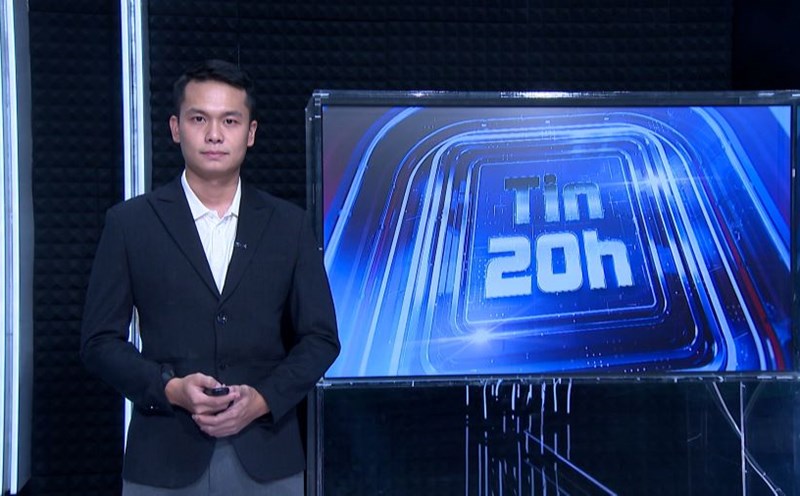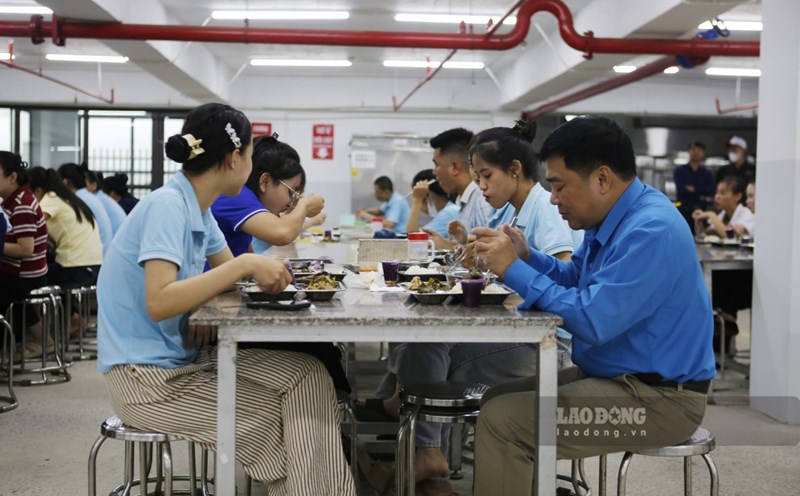The investigation agency concluded that these articles showed signs of violating Article 331 of the Penal Code, taking advantage of democratic freedoms to infringe upon the legitimate rights and interests of organizations and individuals; but not to the extent that criminal proceedings were required and that documents were sent to the competent authorities for administrative handling of Mr. Dang Hoang Giang.
The incident quickly attracted public attention.
Some opinions say that administrative sanctions are appropriate, because statements in public spaces, especially when mentioning a specific individual or organization, need to be strictly verified, avoiding interpretation or criticism that causes negative impacts.
In the opposite direction, there were also people expressing sympathy for Mr. Giang. According to them, the starting point of the incident was personal frustration when a loved one was hurt and speaking out in that context was understandable psychologically. However, empathy cannot replace standard speaking standards.
From a broader perspective, the story is not simply a matter of "who is right, who is wrong", but a test of how modern society deals with conflicts between reason and reality. If they are inclined to reason, it is easy to be rigid; but if they are only inclined to love, it can easily lead to chaos and emotion. The fact that the authorities have not assessed enough grounds to prosecute but still determined that there are signs of violations clearly shows a legal principle: All speech behavior has limits. freedom does not mean arbitrariness. Anger does not mean the right to hurt others.
The case also requires alertness in receiving information from the public. Social media needs to be as alert as professional media.
For business organizations, internal transparency and timely feedback communication, especially the way of behaving when a crisis occurs (from within or outside) are measures of business culture.
Mr. Dang Hoang Giang's case is not just an individual lesson. It shows that if social networks are not used with understanding and responsibility, it is easy to become a place where "the majority judges", where reason is overwhelmed by instant emotions.
freedom of speech is an important value, but it always comes with legal bonds and ethical standards. When emotions and laws are present, it is necessary not to choose sides, but to keep those two factors in dialogue with each other in a alert and cultural way.













